A watershed CBD recommendation expected this summer from Canadian health authorities could resolve one of the oddest differences between the cannabis industries in Canada and the U.S. – their starkly different approaches to hemp extracts.
In the United States, hemp is legal and broadly available, while higher-THC cannabis remains an illicit drug on the federal level – despite broad disregard for marijuana prohibition by state governments.
The Canadian government, by contrast, legalized high-THC cannabis in 2018.
But CBD remains a controlled substance in Canada, regulated in a similar manner to high-THC marijuana.
Canada's CBD sellers commonly operate in the illicit market because of federal rules requiring CBD sales to occur in provincially licensed stores, which tend to specialize in high-THC products and aren't able to import U.S.-made CBD for commercial purposes.
But Canada's stifled CBD market could soon be opening up.
That's because Health Canada, which oversees both pharmaceutical drug sales and the nation's high-THC cannabis industry, is expecting final recommendations this summer on CBD and what it calls “health products containing cannabis that would not require practitioner oversight.”
If it all leads to market opportunities outside the nation's marijuana retailer sector, Canada could see a huge new market open to cannabis as well as mainstream businesses.
Why Canada started slow
Canadian regulators say they want more information on over-the-counter CBD before allowing it, and retailers have largely complied.
That has prevented a national market for hemp extracts from taking off.
CBD products can be found in some of Canada's 3,000 or so cannabis retailers.
But the cannabinoid can't be found legally in convenience or grocery channels.
None of Canada's 13 provinces or territories maintain hemp laws that contradict those of national authorities.
Among Canada's 74 approved hemp cultivars, only a handful produce enough CBD for commercial viability.
Extracting CBD from a hemp cultivar bred for its fiber or grains is possible but is “kind of a money-losing operation,” said Deepank Utkhede, a Canadian native and chief operating officer at Vantage Hemp, a cannabinoid manufacturer in Greeley, Colorado.
Meanwhile, Canadian import restrictions have prevented the nation's product manufacturers from tapping cheap wholesale CBD supplies in the U.S.
With limited exceptions for medical and research use, Canada doesn't allow foreign-made CBD into the country.
Because of those CBD limitations, cannabis entrepreneurs in Canada have almost exclusively gone after existing cannabis users, who are interested mostly in THC profiles, Gomez said.
Different story in the U.S.
Things have gone differently for CBD in the United States.
For years now, U.S. health regulators have been making the same arguments as their northern colleagues, saying there isn't enough research on CBD to allow it to be sold outside pharmaceutical channels.
The difference?
Despite those health warnings, retailers in all 50 U.S. states can be found selling over-the-counter CBD anyway.
From head shops to hair salons, yoga studios to farmers’ markets, thousands of CBD products are openly sold and promoted. Gummies, tinctures and capsules are especially popular.
Some U.S. retailers point to contradictory state laws regarding hemp extracts to justify sales.
Others simply ignore health regulations at all levels of government and hope that the federal legality of low-THC hemp plants equates to low legal risk from selling extracts from those plants. It’s a cavalier business approach that has worked with few exceptions.
Indeed, lax enforcement of unapproved CBD use in the United States has emboldened hemp operators to experiment with further manipulating extracts to produce intoxicating isomers such as delta-8 THC and HHC. (HHC, short for hexahydrocannabinol, is a hemp derivative occurring naturally in small quantities in the plant.)
Perhaps ironically, those intoxicating hemp products are most widely available in states that don't yet allow products made from naturally occurring THC.
Northern hope
Hemp businesses making CBD aren't just hoping Canada will open new sales opportunities.
Some are counting on Canada to correct some of its southern neighbor's mistakes.
American CBD manufacturers struggle to position themselves as quality brands when U.S. health authorities repeatedly decry CBD as unsafe but then do little to take low-quality products off shelves.
Among those companies is Charlotte's Web Holdings, a Colorado-based CBD maker that holds more than 3% of the $5 billion American CBD market in 2022, the largest share of any U.S. manufacturer, according to Brightfield sales data.
Charlotte's Web has been working since 2019 to have a proprietary CBD-rich cannabis variety approved to be grown in Canada, partnering with Canadian producers to avoid import restrictions.
That cultivar was approved last year, making 2022 the first full growing season.
Charlotte's Web Chief Operating Officer Jared Stanley said his company has been preparing for years to begin widespread Canadian sales and sees potential benefits from Canada’s careful CBD approach.
That doesn't deter CBD makers.


 English
English français
français Deutsch
Deutsch русский
русский italiano
italiano español
español português
português Nederlands
Nederlands 日本語
日本語 한국의
한국의






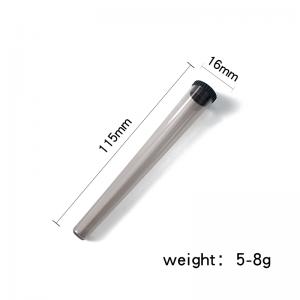
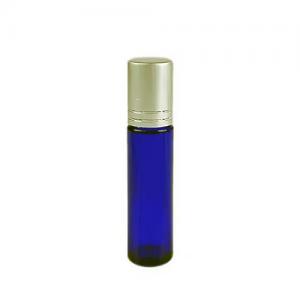
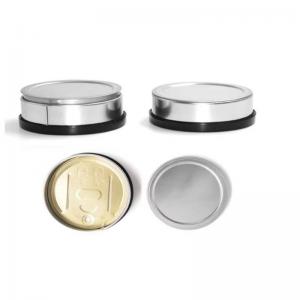
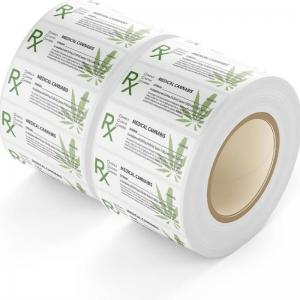
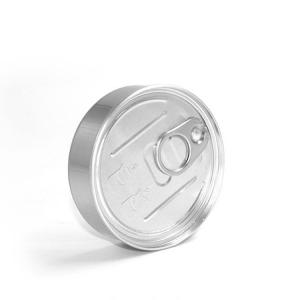
 2022-07-28
2022-07-28
 Online service
Online service +86 15375471059
+86 15375471059

